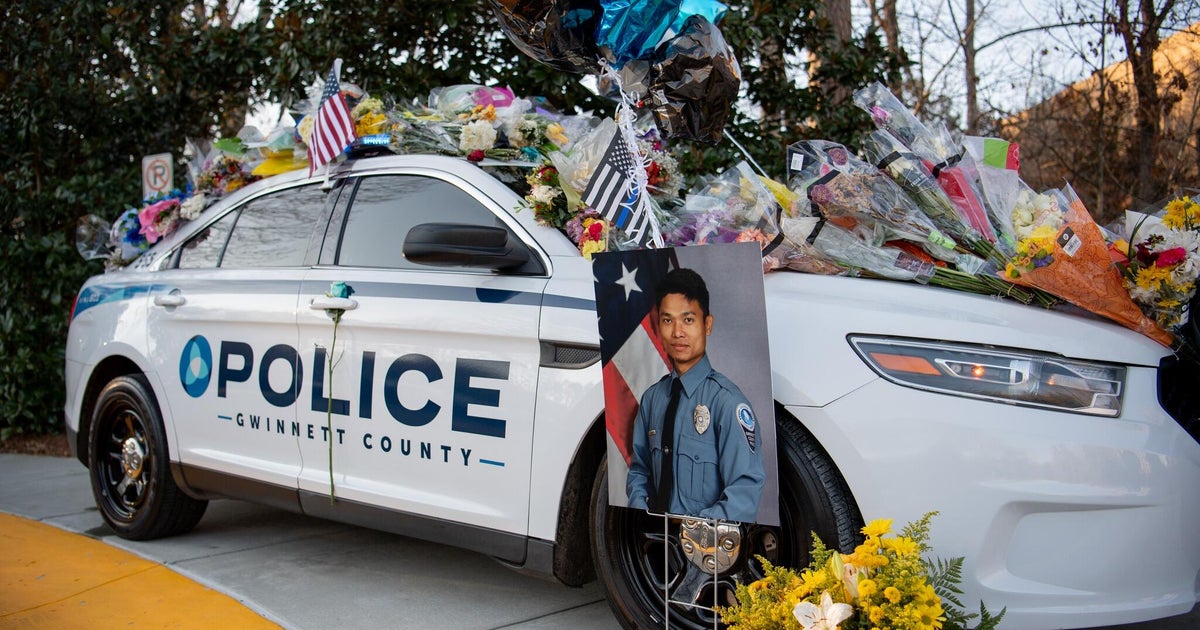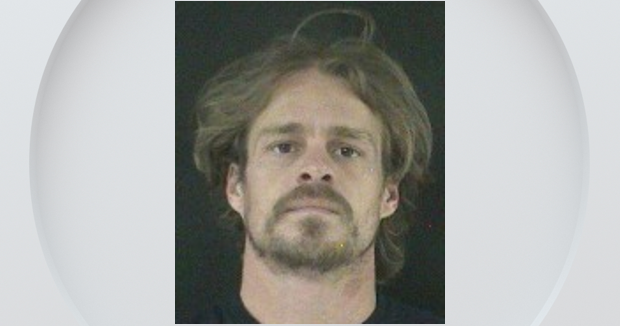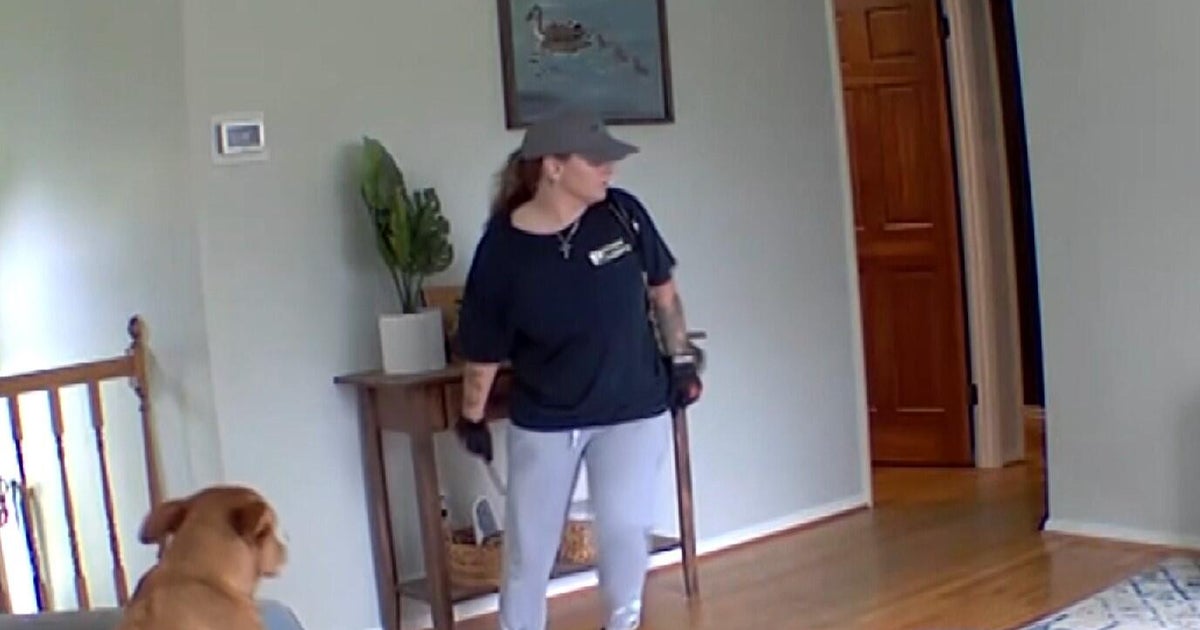Feds: Supervison Of Garrido 'Substandard'
SACRAMENTO, Calif. (AP) -- Federal parole agents failed to properly monitor convicted sex offender Phillip Garrido during the time he kidnapped, raped and held captive Jaycee Dugard, missing chances to stop his crimes, according to a confidential review made public Friday by the chief federal judge in San Francisco.
"Had Mr. Garrido's federal supervision been conducted properly from the onset, it is possible that he may have been deterred from some of the acts now attributed to him," Chief U.S. District Judge James Ware wrote in releasing the 43-page report written after the review conducted last year by the Administrative Office of the United States Courts.
Garrido was a federal parolee from December 1988 to June 1999 after serving 11 years for kidnapping a Nevada woman in 1976.
California officials then assumed responsibility and did an equally poor job supervising Garrido, missing numerous chances to learn that he had Dugard hidden in a shed in a secret backyard of his home in the eastern San Francisco Bay area city of Antioch, according to previously released reports.
Garrido pleaded guilty in April to the kidnap and rape of Dugard and is serving a sentence of 431 years to life. She was 11 when she was abducted in 1991 then held for 18 years.
Garrido's federal supervision was "clearly substandard," the confidential report concludes.
Garrido was rightly classified as a high-risk offender after he served his federal prison sentence, but the federal probation office "failed to supervise him accordingly," Ware wrote after reviewing the report: Home visits were rare and his probation officer never talked with neighbors or local law enforcement.
It took the probation officer more than two months to question Garrido in 1989 after the nursing home where he worked reported that three female co-workers said he made them nervous and accused him of sexual harassment. In addition, Garrido's plan to sell products door-to-door in 1990 should have raised concerns from his probation officer, given his history.
Moreover, on several occasions Garrido tested positive for drug use and was found to have submitted diluted urine samples, the report said. But there is no indication the probation office told Nevada state parole officials about his drug use. The U.S. Parole Commission was told about the illegal drug use just once, which resulted in a short prison term and home confinement.
Garrido's wife, Nancy Garrido, kept Jaycee locked up while he was imprisoned in 1993 for the failed drug test. Nancy Garrido also pleaded guilty and was sentenced to 36 years to life in state prison.
Ware said he decided to release the report to show that officials are serious about making improvements. He noted that the supervisor in charge at the time was replaced even before Dugard surfaced.
The U.S. Probation Office for the Northern District of California, headquartered in San Francisco, referred calls for comment to Deputy Chief Duane Lumpkin, who did not return telephone messages left on his voicemail and with his assistant.
Nancy Seltzer, spokeswoman for Dugard, said she had not seen the report and could not comment.
The reality was even worse than portrayed in the report, said El Dorado County District Attorney Vern Pierson, who prosecuted the Garridos and commended Ware for making the review public.
A federal probation officer inspected Garrido's backyard shed just weeks before Dugard was kidnapped and held captive there. The shed was clearly visible at the time, and only later was hidden by a tarp, fence and overgrown vegetation, Pierson said.
"If they had bothered to do another search they would have found her handcuffed to a bed in that room," Pierson said. "The worst four years of the nightmare that she went through, no federal agent bothered to search that residence or even set foot in that residence."
The report details numerous times when Garrido's federal probation officer failed to follow guidelines or ignored dangers. At one point, a drug treatment counselor suggested tracking Garrido with an electronic monitoring device, but the probation officer decided in 1998 "it was too much of a hassle," despite unconfirmed reports that Garrido had been seen near another rape victim's workplace.
Pierson said the actual incident was worse. Garrido approached his earlier rape victim as she dealt cards at a South Lake Tahoe blackjack table, addressed her by name and started asking her questions before she called security.
Another time, Garrido's psychiatrist compared him to a tea pot "boiling with no outlet valve." Garrido was told to continue getting counseling.
The probation officer also failed to follow up on concerns that Garrido may have been taking prescription medications from the nursing home where he was employed in 1989.
In March 1999, Garrido was given an early discharge from federal probation. The report said the move was because Garrido "responded positively to supervision and for the personal accomplishment(s) you have made. The (federal parole) commission trusts that you will continue to be a productive citizen and obey the laws of society."
After Garrido's federal parole ended, Nevada authorities transferred his supervision to California as he continued to serve a lifetime parole for raping his adult victim in 1976.
California parole agents did such a poor job that state lawmakers and former Gov. Arnold Schwarzenegger agreed last year to a $20 million state settlement with Dugard and the two daughters she bore to Garrido during her captivity.
The California Department of Corrections and Rehabilitation's independent inspector general reported in 2009 that state parole agents failed to interview Garrido's neighbors or to investigate the utility wires running from his house to the secret backyard compound where Dugard and her daughters lived. Garrido also was temporarily misclassified as a low-risk offender.
Dugard, now 31, has written a memoir entitled "A Stolen Life" in which she recounts in detail the rapes, isolation and heartbreak she endured during her years as a kidnap victim. The book officially goes sale next week, but The Associated Press purchased a copy Thursday.
She recalls being paralyzed by a stun gun and abducted as she walked toward her school bus stop in June 1991.
Dugard gave her first interview to veteran broadcast journalist Diane Sawyer. It's set to air on Sunday.
(Copyright 2011 by The Associated Press. All Rights Reserved.)







